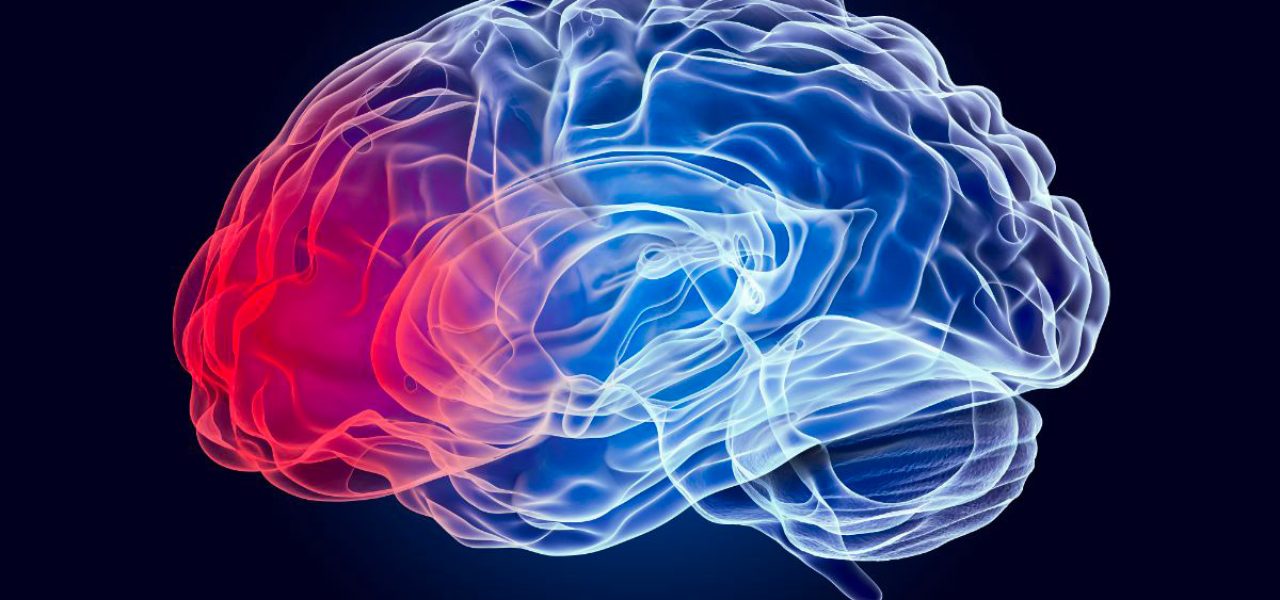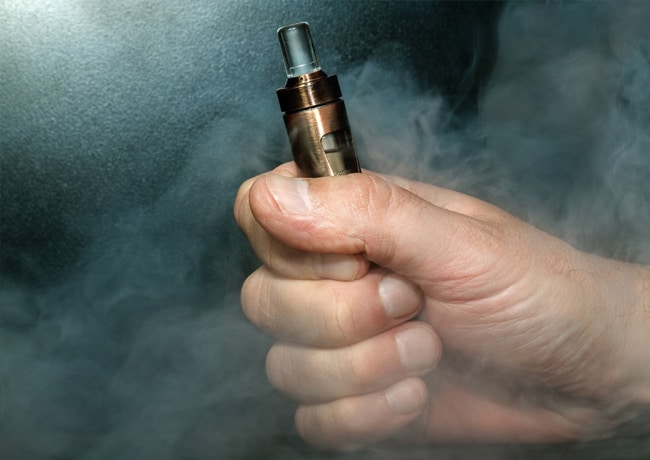What is the influence of quitting smoking on depression?
Quitting smoking is a complex process that involves many physical and mental challenges. Withdrawal causes side effects and is said to have an influence on depression. This article explores the relationship between quitting smoking and depression, suggests strategies for managing depressive symptoms during withdrawal, and presents the innovative Reset Laser method, which helps many smokers overcome these challenges effectively and sustainably.
What is the relationship between quitting smoking and depression?
The effects of nicotine on the brain
Nicotine in tobacco acts as a stimulant in the brain. It temporarily increases levels of neurotransmitters like dopamine, providing a sense of well-being to the smoker. When a smoker quits tobacco, these levels drop, which can lead to depression. Nicotine also influences other neurotransmitters like serotonin and norepinephrine, which play a key role in emotional regulation.
Additionally, nicotine creates a physical and psychological dependence. When this dependence is broken, the body and mind must adapt to the absence of nicotine, which can disrupt the brain’s chemical balance and cause depressive disorders. The first few days after quitting smoking are often the hardest, as the brain strives to restore this balance.
Pre-existing depression in smokers
Moreover, individuals with pre-existing depressive disorders are more likely to smoke tobacco to relieve their symptoms. Indeed, nicotine can temporarily improve mood, creating a cycle of dependence. The fight against smoking can be particularly difficult for these individuals, as they lose a source of relief, even if temporary, from their depressive symptoms.
Quitting smoking can also reveal underlying depressive symptoms that were previously masked by nicotine consumption.

How to recognize depressive symptoms during withdrawal?
Depressive symptoms during smoking cessation may include a sense of gloom, a loss of interest in daily activities, sleep disturbances, decreased energy, and increased irritability. These symptoms can make the fight against smoking even more difficult and may lead some individuals to resume smoking to regain a semblance of well-being.
It is important to note that these symptoms are generally temporary. They often peak in the first few weeks after quitting and then gradually decrease as the body adjusts to the absence of nicotine. However, for those with pre-existing depression, these symptoms may be more pronounced and require additional support.
How to manage depression during smoking cessation?
Cognitive and behavioral therapies
Cognitive and behavioral therapies (CBT) can be very effective in managing depressive symptoms. These therapies help identify and modify negative thoughts and behaviors that contribute to depression. For example, cognitive therapy can help a person recognize negative thought patterns that arise when they feel a craving to smoke and replace them with positive and motivating thoughts.
CBT may also include stress management techniques, such as progressive muscle relaxation, visualization, and deep breathing. These techniques can help reduce stress and anxiety. Regular sessions with a therapist can provide ongoing support and help strengthen mental resilience.
Antidepressant medications
In some cases, antidepressants may be prescribed to help the smoker manage their depressive disorders. Selective serotonin reuptake inhibitors (SSRIs) are often used for this purpose. Bupropion, a specific antidepressant, is also used as an aid for smoking cessation, as it can reduce tobacco cravings while alleviating depressive symptoms. It is important to consult a healthcare professional to determine the appropriate treatment.
Antidepressants can help reduce depressive symptoms. However, it is crucial to use them under medical supervision, as they can have side effects and must be adjusted according to individual needs.
Physical activity and well-being
Regular physical exercise is an excellent way to reduce depression. Physical activity stimulates the production of neurotransmitters like dopamine and serotonin, thereby improving mood and energy. Additionally, exercise can serve as a distraction, helping to reduce cravings to smoke.
Activities such as walking, running, yoga, and cycling can be particularly beneficial. Incorporating exercise into the daily routine can improve physical health and provide a sense of accomplishment and self-confidence, which is essential for mental well-being. Moreover, exercising outdoors offers the added benefit of exposure to natural light, which can also help improve mental health.

Reset Laser and its method to quit smoking
What is the Reset Laser method?
Reset Laser offers an innovative smoking cessation method based on auricular reflexology. Using a state-of-the-art laser, this method stimulates specific points on the ear to cut the need for nicotine and alleviate withdrawal symptoms, including depressive symptoms.
The advantages of the laser method
Compared to other smoking cessation methods, the Reset Laser method offers several advantages. It is quick, simple, non-invasive, and painless. The session lasts 1 hour, and we also offer a 1-year guarantee in case of relapse. This means we commit to providing free support to the patient if they relapse within the year.
Furthermore, the Reset Laser method offers personalized support for each patient. Practitioners work closely with patients to develop a treatment plan tailored to their specific needs. This includes regular follow-up to ensure the best possible results.
Quit smoking with Reset Laser
The Reset Laser method offers an innovative and effective solution to help smokers quit sustainably and painlessly while alleviating the depressive symptoms associated with smoking cessation.
Ready to quit smoking and improve your mental well-being? Make an appointment now at one of our anti-smoking centers!
Why Choose RESET Laser Institute
The best method to quit smoking
Specialist
Our therapists are all addiction experts and specialists in laser auriculotherapy cessation.
Effectiveness
Our success rate after one session is over 86%.
Painless
Non-invasive and painless, our therapy is accessible to everyone.

No Stress
You free yourself from addictions and quit smoking without weight gain, stress, or compensation.
Personalized Support
Since each patient is different, we offer personalized support after the session.
1-Year Guarantee
We guarantee our therapy for 1 year in case of relapse.






